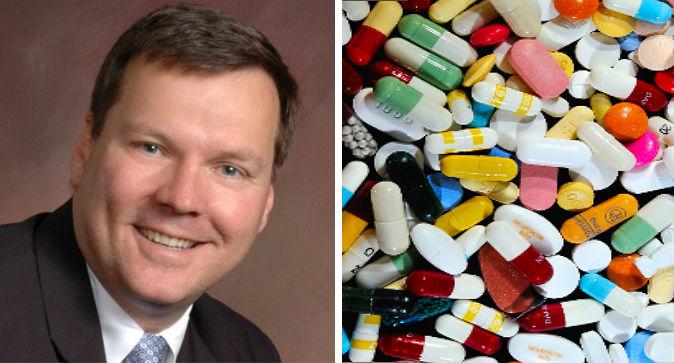Dr. James Marcum is a cardiologist at the Chattanooga Heart Institute in Tennessee, but his message of healing spreads far beyond his patients. He’s an author, as well as a radio and television host of the programs Heartwise, the The Heart of Health Live.
A key point of Marcum’s message is something you don’t often hear from an MD. According to him, pharmaceutical drugs don’t heal people. In fact, much of the time they do more harm than good.
Marcum’s message stands in stark contrast to the modern American medical model—by far the most drug-centric system in the world—where patients largely reach for pills to treat their health issues. According to the National Institute of Drug Abuse, the U.S. holds five percent of the world’s population, but takes 75 percent of the world’s prescription drugs.







